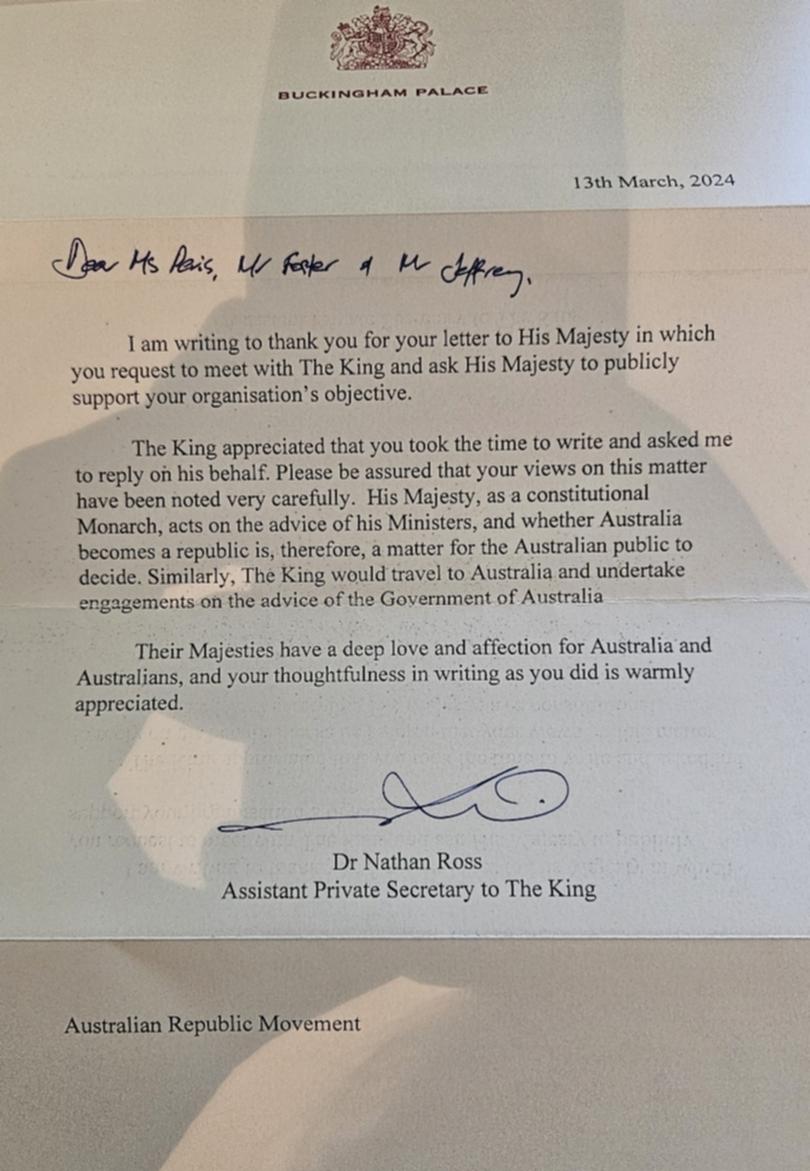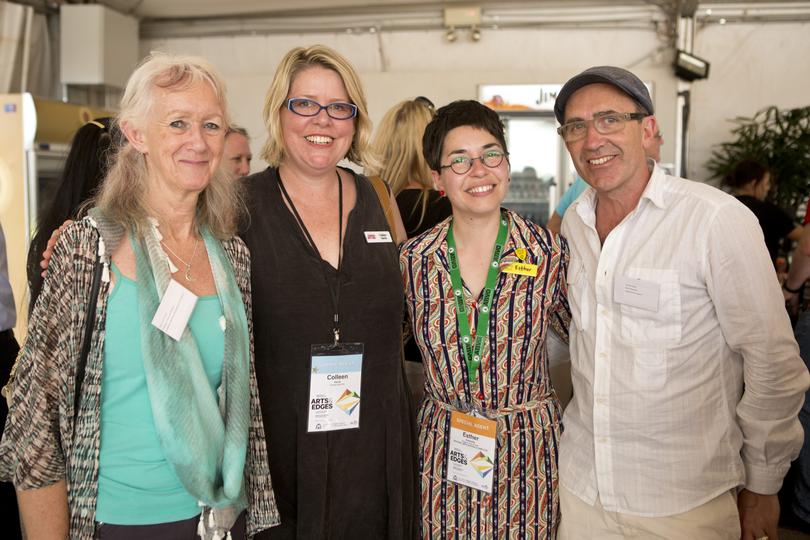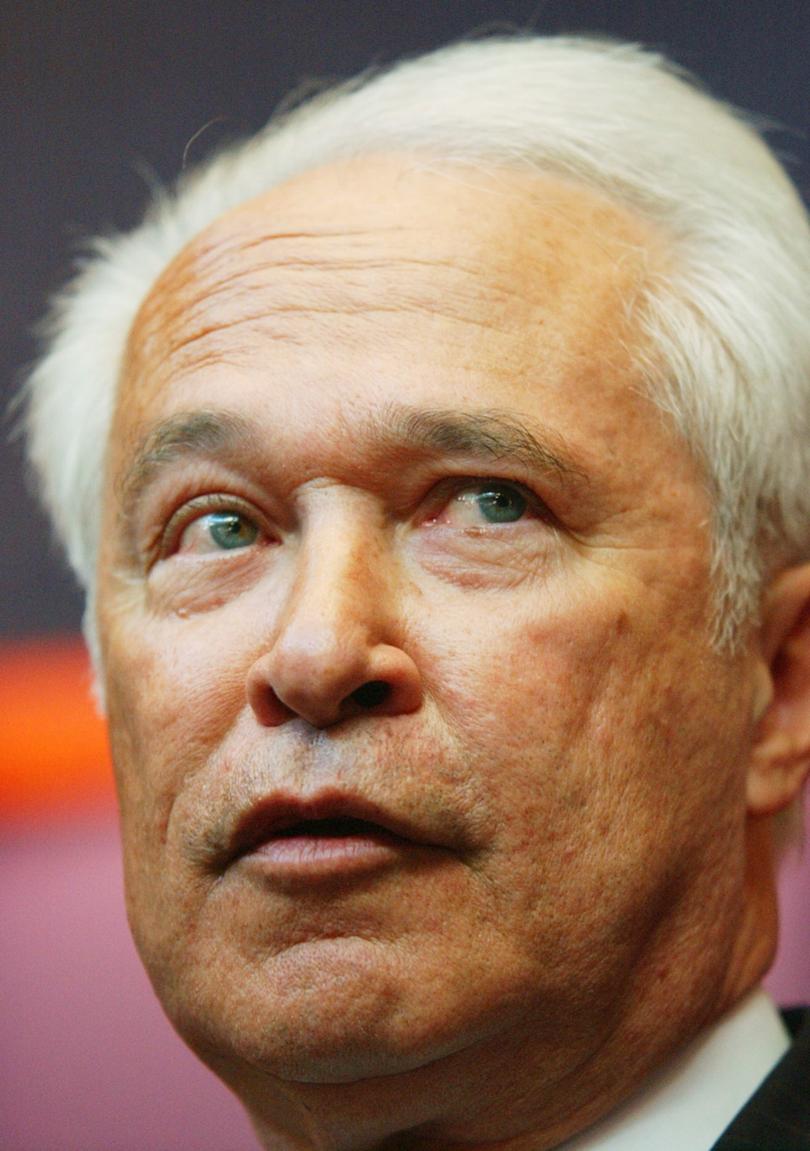King Charles unites monarchists and republicans ahead of visit with stance on future change
A letter from King Charles to Australian republicans, in which he emphasised he’ll bow to the will of the people on the issue of a future republic, has leaders on both sides of the issue in rare agreement.
A letter from King Charles to Australian republicans, in which he emphasised he’ll bow to the will of the people on the issue of a future republic, has leaders on both sides of issue in rare agreement — but the Federal Government insists there’s no change on the horizon.
With the King and Queen Camilla due to arrive in Australia on Friday for a short visit, both republicans and monarchists were lock-step in praising the King on his stance.
The public’s appetite for a republic won’t be put to the test, with Federal Minister for Trade and Tourism Don Farrell, ruling out another referendum on the issue anytime soon.
Sign up to The Nightly's newsletters.
Get the first look at the digital newspaper, curated daily stories and breaking headlines delivered to your inbox.
By continuing you agree to our Terms and Privacy Policy.In Perth on Saturday, Mr Farrell said the Albanese Government had no intention of putting the matter to a vote “in the foreseeable future.”
“Not even if we win the election,” he said.
“As we’ve just seen 12 months ago, it’s very hard to successfully get a referendum up in Australia”.

In it, the King politely declined an invitation to meet with the ARM during his stay, but re-stated he would respect the will of the Australian people on the issue.
“The King appreciated that you took the time to write and asked me to reply on his behalf,” his Assistant Private Secretary Dr Nathan Ross wrote on March 13.
“Please be assured that your views on this matter have been noted very carefully. His majesty, as a constitutional Monarch, acts on the advice of his Ministers, and whether Australia becomes a republic is, therefore, a matter for the Australian public to decide.
“Similarly The King would travel to Australia and undertake engagements on the advice of the Government of Australia.
“Their Majesties have a deep love and affection for Australia and Australians, and your thoughtfulness in writing as you did is warmly appreciated.”
ARM co-chair Esther Anatolitis praised the King.
“Charles, throughout his public life, when he was Prince, now as King, has championed a whole range of progressive causes. He’s been outspoken about environmental destruction, about ecology, but also about democracy and integrity,” she said.
“He’s someone who absolutely understands that when that moment comes for the Australian people to move towards an Australian republic, he understands that that does not change the deep cultural ties that we have with the people of the United Kingdom. We don’t leave the Commonwealth. We don’t leave AUKUS, et cetera.”

David Flint, national convener of Australians for Constitutional Monarchy, said there was nothing surprising in the letter and it was also warm and friendly, as he’d expect.
“None of us should be surprised the King is taking that position, because that was the one his mother took, and one which constitutional monarchists should (take).
“If it came for him to go, because we changed our mind, then he would.”
Ms Anatolitis said it “was great to have his endorsement and recognition of that”.
She said Australia becoming a republic was a simply a matter of “when”.
“Every time we have a royal visit, it’s a reminder that our head-of-state is based overseas and has many other obligations and that when Australian politicians take on their duties, they swear allegiance to this person who is based overseas, who’s the head-of-state of numerous other countries in the Commonwealth.
“When they’re here this week, we’re really hoping that it’s going to be the last visit of a reigning monarch. It’s monarchy that we’d love to be waving farewell to. It’s not about the individuals.”
“It’s so important to have a future head-of-state who hasn’t inherited the role by birthright, someone with that accountability to us, and, of course, who swears allegiance only to us,” she added.

“We know that 75 per cent of currently sitting parliamentarians across all parties are supporters of the future Australian republic. So this isn’t a matter of conflict. It’s something that the overwhelming majority of Australians are looking forward to, and for the Australian Republic Movement, this is simply about building our movement to find our moment.”
“I’m not expecting a referendum tomorrow or this time next year. However, I think there is a great public appetite around the conversation for the future Australian republic.”
Ms Anatolitis said there were “lots of really interesting, focusing, galvanising moments to intensify the conversation”.
“(These included) the various King’s birthday holidays that are celebrated on different dates across our states and territories,” she said.
“I’d be looking at November 2025 which is the 50th anniversary of the dismissal of the Whitlam government, where we saw highly contested interference by a governor general.
“You might say, ‘well, that was a long time ago’, but just a few years ago, we had a Governor General appoint the then Prime Minister into a great big handful of secret ministries in ways that significantly conflict with public expectations about how Australian democracy plays out.
“We’ve got the Olympic Games in 2032. Australia’s head of state opens the Olympic Games — there’s an opportunity. We’ve had Rupert Murdoch say that he expects Australia to become a republic within the next decade.”

Asked if a republic was inevitable, he replied: “I don’t know what is inevitable, apart from taxes, death and the sun rising, but they can say that. They can say that all they like.
“If that’s the case, let them go away, work out a model which is as good as what we’ve got. . . present it and see how people react to it.
“Don’t whinge about it. Just go away, work it out, take it to the politicians and get them to put up a Bill that can be put to the people.”
Mr Flint said republicans were given the same opportunity ahead of the 1999 referendum.
“Republicans were given carte blanche to write the very best model they could. They had the most wonderful atmosphere to campaign in because the media were strongly in favour.
“It was defeated nationally and by a substantial majority in every state. It was a very clear decision.”
Mr Flint noted that during the 1999 campaign some monarchists had thought “they could get the palace to work with them”.
“Of course, that wasn’t going to happen,” he said.
“This is a constitutional monarchy, and it’s been that since 1688.”
Originally published on The Nightly
